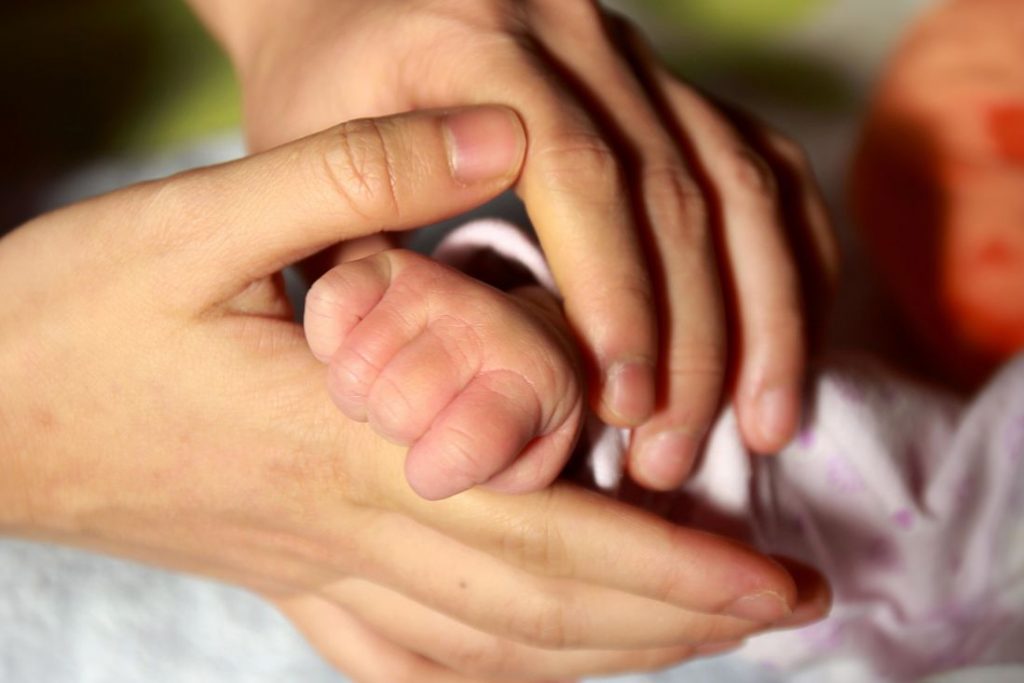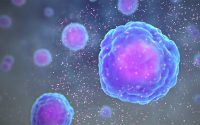Massage Accelerates Brain Development and the Maturation of Visual Function on infants
Environmental enrichment is a term used in neuroscience on the influence of sensory experience on the brain and behaviour. Maternal care in animals, and particularly tactile stimulation through licking and grooming, may represent a key component in the early phases of environmental enrichment.
Massage and multisensory stimulation in newborns’ neonatal care have been shown to have a positive impact, such as weight gain. A study by neuroscientists in Italy explored if massage may affect brain development. The study was published in Journal of Neuroscience.
The scientists explored the effects of massage therapy on brain development and, in particular, on visual system development in a group of healthy preterm infants (gestational age between 30 and 33 weeks). Sessions of 15 min massage were performed three times a day for two blocks of 5 days each, separated by a 2 day interval. They hypothesized that enriching the environment in terms of body massage may thus accelerate brain development in infants.
In preterm infants, they found that massage accelerates the maturation of electroencephalographic activity and visual function, particularly visual acuity. Massaged infants had higher levels of blood IGF-1, an essential hormone in visual cortical development
The study also examined the effect of massage on rat pups. The study found that massage accelerated the maturation of visual function in rat pups and increased the level of IGF-1 in the cortex. Antagonizing IGF-1 action using systemic injections of the IGF-1 antagonist JB1 blocked the effects of massage in rat pups.
The results of human and rats demonstrate that massage influences brain development and particularly on visual development, and suggest that its effects are mediated by specific endogenous factors such as IGF-1.

